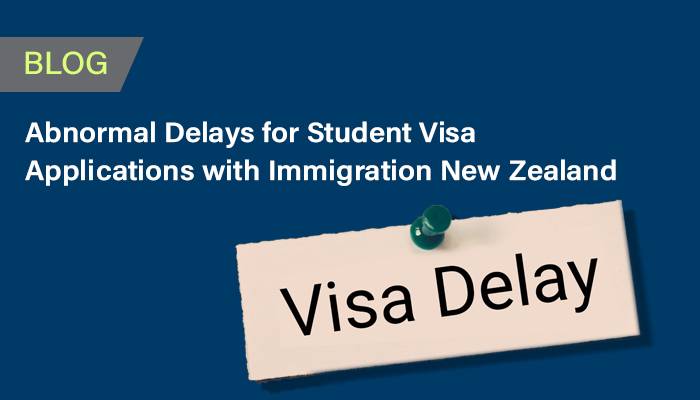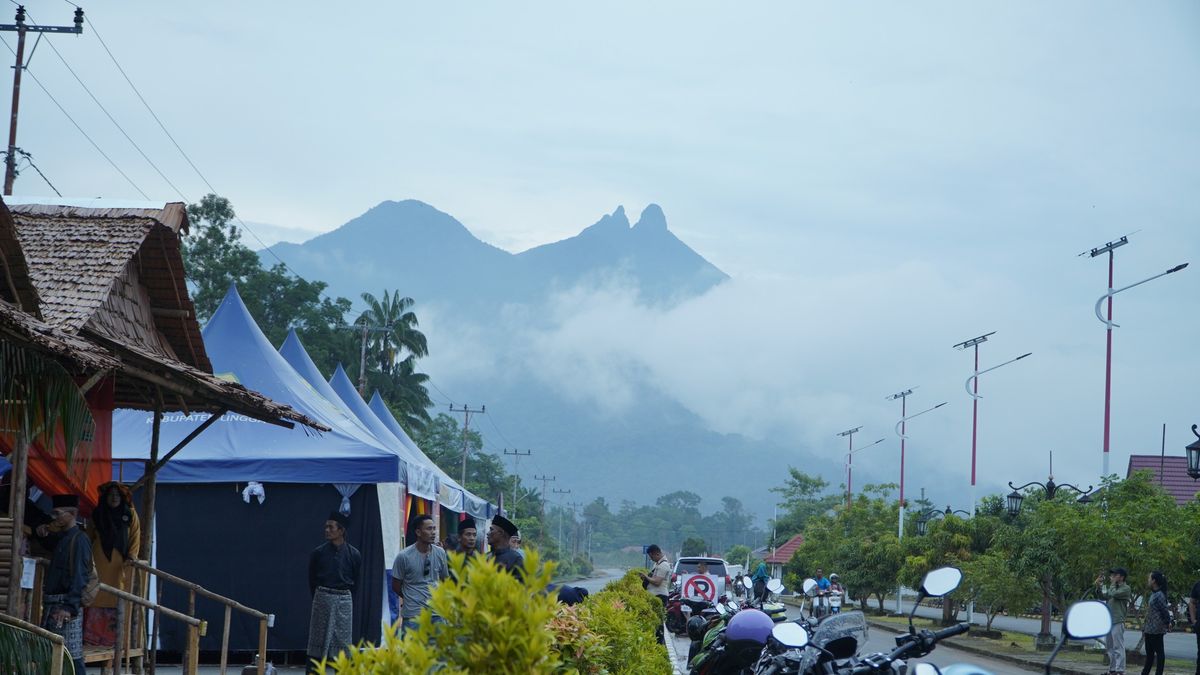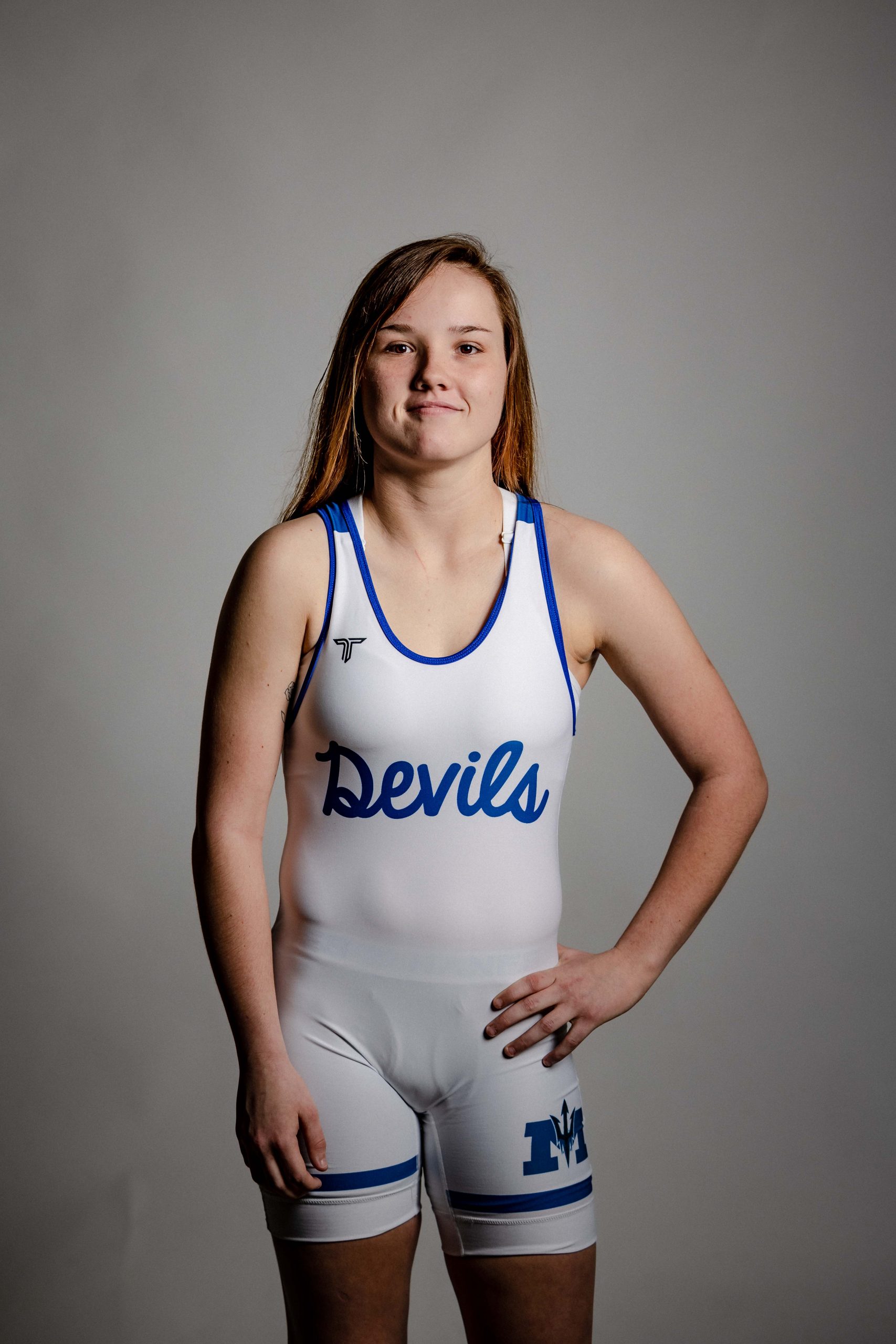Changes To US Student Visa Applications: Interview Suspension And Future Implications

Table of Contents
The Suspension of Visa Interviews: What it Means for Applicants
The US embassy and consulates have implemented changes to their student visa application procedures, resulting in the waiver of in-person interviews for some applicants. This means that eligible individuals may no longer need to attend a visa interview appointment, potentially streamlining the application process. However, it's crucial to understand the specifics.
- Which visa categories are affected? Primarily, the F-1 (academic student) and M-1 (vocational student) visa categories are seeing interview waivers, but this can vary by location and specific circumstances.
- Geographic locations experiencing interview waivers. The waiver program is not universally applied. Specific countries or consular districts might be prioritized, depending on various factors including the volume of applications and consular capacity. Regularly check the website of the relevant US embassy or consulate for the most up-to-date information.
- Impact on processing times – faster or slower? While the waiver eliminates the interview step, it doesn't necessarily guarantee faster processing. The speed of processing still depends on several factors including the volume of applications and the completeness of the submitted documentation. However, it generally leads to a shorter timeline than applications requiring an interview.
- Requirements for waiver eligibility. Eligibility generally requires a clean SEVIS (Student and Exchange Visitor Information System) record and often a history of prior visa compliance. Meeting these conditions doesn't automatically guarantee a waiver. Each application is assessed individually.
Advantages and Disadvantages of Interview Waivers
The advantages of interview waivers are clear:
- Faster processing: Eliminating the interview step can significantly shorten the overall processing time for your US student visa application.
- Reduced stress: The interview process can be stressful. The waiver alleviates this pressure for many applicants.
However, it's also important to consider potential disadvantages:
- Increased scrutiny of documents: With the removal of the in-person interview, consular officers will rely heavily on the thoroughness and accuracy of your supporting documentation. Any discrepancies or omissions could lead to delays or rejection.
- Limited opportunity for clarification: An in-person interview allows applicants to address any concerns or clarify information directly with a consular officer. This opportunity is lost with a waiver.
Increased Scrutiny of Supporting Documents for US Student Visa Applications
Regardless of whether an interview is waived, the US embassy and consulates are now placing increased emphasis on the accuracy and completeness of supporting documentation accompanying US student visa applications. This heightened scrutiny affects all applicants.
- Importance of accurate and complete documentation: This includes your I-20 form (issued by your designated school official), detailed financial statements demonstrating your ability to cover tuition and living expenses, and official academic transcripts. Even minor errors can lead to delays or rejection.
- Common mistakes applicants should avoid: Incomplete forms, inaccurate financial information, missing or poorly translated documents, and failing to provide sufficient evidence of ties to your home country are common pitfalls.
- Tips for preparing strong supporting documentation: Ensure all documents are properly translated (if necessary), accurately completed, and organized logically. Maintain copies of all documents for your records.
Strengthening Your Application: Best Practices for Success
Creating a compelling US student visa application requires meticulous preparation and clear communication.
- Demonstrate strong ties to your home country: This reassures consular officers that you intend to return after completing your studies. Provide evidence such as property ownership, family ties, or employment opportunities back home.
- Clearly articulate your academic goals: Explain why you chose the specific program and university, how it aligns with your career aspirations, and how your education will benefit both you and your home country.
- Provide comprehensive financial documentation: This should clearly demonstrate your ability to fund your entire course of study without requiring financial assistance from the US government.
Future Implications for US Student Visa Applications
The recent changes in the US student visa application process are likely to have lasting implications.
- Potential for continued use of interview waivers or a shift to a more technologically advanced application process: The increased reliance on digital technologies and data analysis suggests a future with more streamlined, technology-driven application processes.
- Anticipated impact on international student enrollment in US universities: While the changes aim to improve efficiency, their ultimate impact on international student enrollment remains to be seen. Any significant increase in application processing time or rejection rates could impact the number of international students enrolling in US universities.
- The role of technology in streamlining the application process: Expect greater integration of online portals, biometric data, and digital document verification, potentially leading to a more efficient and secure application process.
Preparing for Future Changes in the US Student Visa Application Process
To successfully navigate the evolving landscape of US student visa applications:
- Stay informed: Regularly check the websites of the US embassy or consulate in your country for updates on application requirements and procedures.
- Prepare thoroughly: Proactive and meticulous preparation is your best defense against unforeseen changes. The more complete and accurate your application, the better your chances of success.
- Seek professional guidance: If needed, consider consulting with an immigration lawyer or educational consultant specializing in US student visas.
Conclusion:
The suspension of in-person interviews for certain US student visa applications signals a shift towards a more technology-driven and document-centric process. While this may offer advantages in terms of speed, it also necessitates meticulous preparation and the submission of impeccably accurate supporting documentation. Thoroughly research the current requirements for applying for a US student visa, paying close attention to the specific needs of your individual circumstances. By proactively addressing potential challenges and adhering to best practices, you can significantly improve your chances of success in navigating the US student visa application process. For the most up-to-date information, refer to the official website of the US embassy or consulate in your region.

Featured Posts
-
 Efficient Lng Bunkering For Cruise Ships Shells Barcelona Solution
May 29, 2025
Efficient Lng Bunkering For Cruise Ships Shells Barcelona Solution
May 29, 2025 -
 Air Jordan Sneakers May 2025 Release Calendar
May 29, 2025
Air Jordan Sneakers May 2025 Release Calendar
May 29, 2025 -
 Info Cuaca Jawa Tengah Perkiraan Cuaca 24 April 2024 Dan Antisipasi Hujan
May 29, 2025
Info Cuaca Jawa Tengah Perkiraan Cuaca 24 April 2024 Dan Antisipasi Hujan
May 29, 2025 -
 Alastqlal Hl An Alawan L Lw Ansf Alqwmu
May 29, 2025
Alastqlal Hl An Alawan L Lw Ansf Alqwmu
May 29, 2025 -
 Norwalk Spring Sports Roundup April 22nd 25th
May 29, 2025
Norwalk Spring Sports Roundup April 22nd 25th
May 29, 2025
